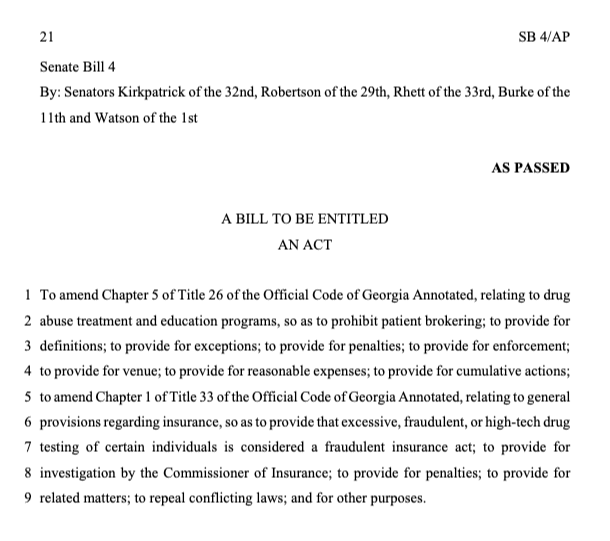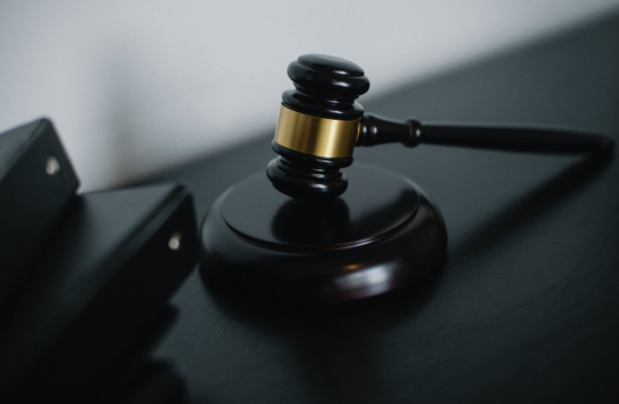As of this writing, the state of Georgia has little to no oversight for sober living homes, also known in Georgia as “halfway houses” or “recovery residences.” The state does not have a certification process for sober living homes, nor does it have a central system for tracking the location and number of sober living homes. Unfortunately, this unregulated environment has allowed some bad actors to exploit the sober living home model, putting resident’s recovery at risk. This is likely to change in the near future.
Today, we’ll look at what it takes to open a sober living home, transitional housing, halfway house or recovery residence in Georgia.
Regulations for Sober Living Homes in Georgia Have Already Started
If you are planning on opening a sober living home in Georgia, do not expect the laissez-faire approach to regulation to continue in the near future. Georgia’s lawmakers have indicated that they are not happy with this state affairs.
In July of 2021, Georgia’s General Assembly passed Senate Bill 4 (aka SB 4), which should send a strong signal to would-be sober living home operators that the state’s lawmakers are beginning to consider regulating sober living homes in Georgia. SB 4 bans sober living homes from engaging in unethical patient brokering, making “finder’s fees” and “referral fees” a prosecutable offense. SB 4 also cracks down on fraudulent insurance billing practices that some bad actors engage in with excessive drug testing. The bill passed the Senate unanimously.
Plan for More Regulations - Mandatory Certification and Legal Definitions or Requirements - to Hit Sober Living Homes in Georgia Soon
Consider SB 4 as the first of many pieces of legislation yet to pass which will be aimed at changing how sober living homes may - and may not - do business in Georgia. In fact, Sen Kay Kirkpatrick recently stated that she intends to begin the process of introducing regulations and a certification process for recovery residences in Georgia “soon.”
When (not if) regulations hit the sober living home community in Georgia, it seems likely that the Georgia Department of Community Health will oversee the administration of sober living homes in the state. GHDC already governs the state’s mandatory licensing program for addiction treatment providers - entities the state formally refers to as “Drug Abuse Treatment and Education Programs,” or DATEPs.
To Play it Safe, Consider Adding Your Sober Living Home to the Georgia Association of Recovery Residences (GARR Network)
The Georgia Association of Recovery Residences (GARR Network) was established over 30 years ago to advocate for the ethical and professional operation of sober living homes in the state.
GARR members receive one-on-one mentorship, continuing education, member meetings, site surveys and the opportunity to apply for formal GARR certification at a variety of tiers. In order to receive certification from GARR, all members must meet or exceed the standards of ethics and operations established by the National Alliance of Recovery Residences, which is considered the “gold standard” for sober living home business conduct in the United States.
GARR maintains a database of all current members (as well as membership fees) here.
Need Help With Your Sober Living Home in Georgia? We’re Here for You
Sober Living App is dedicated to doing one thing: making it easier - and more profitable - to operate sober living homes.
Our all-in-one app handles rent collection, admissions, property management, residents’ care coordination, community contacts, transportation details, calendars, staff, alumni and more - all from the convenience of your phone.
Claim your free trial today and see why more sober living homes prefer the Sober Living App.





